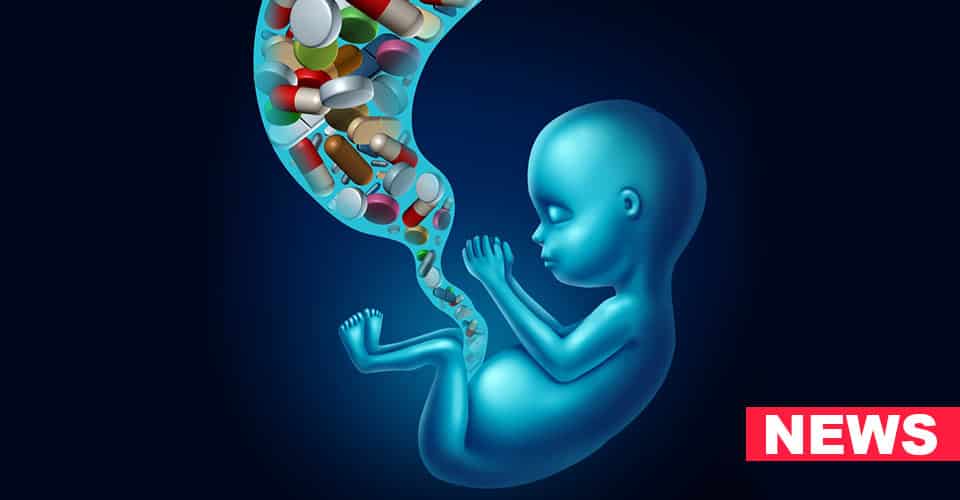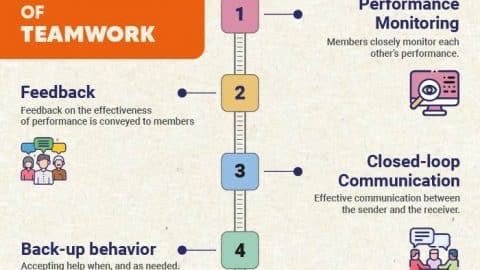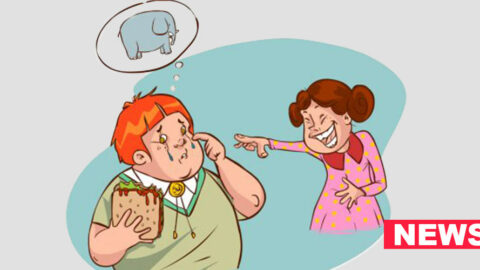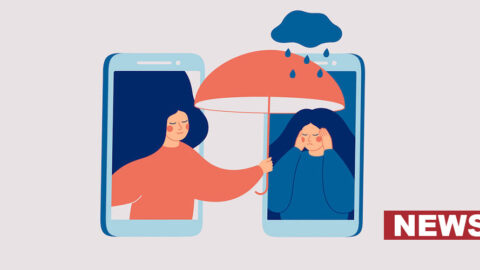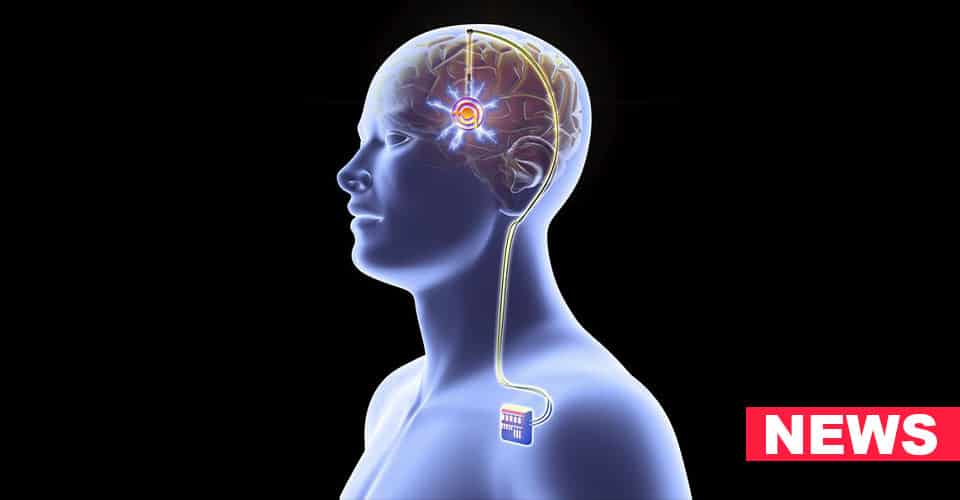Incels, or involuntary celibates, are predominantly young men who experience frustration and distress due to their inability to form romantic or sexual relationships. Recent research published in Behavioral Sciences of Terrorism and Political Aggression sheds light on incels’ mental health, revealing elevated rates of self-reported psychiatric symptoms compared to the general male population.
Surprisingly, despite their psychological struggles, incels often exhibit distrust and reluctance toward seeking assistance from mental health professionals.
The study aimed to gain insights into the mental health of incels, with the goal of identifying effective interventions to address their unique challenges and mitigate the risks of self-harm and radicalization.
Molly Ellenberg, a research fellow at the International Center for the Study of Violent Extremism, highlighted the need to distinguish between sensationalized portrayals of incels and a nuanced examination of their psychological well-being.
To gather data, researchers collaborated with the owner of a prominent incel forum and conducted preliminary interactions with incels to understand their experiences and concerns. They also reviewed existing literature on inceldom and incels’ mental health.
A survey consisting of 68 questions was designed using Google Forms and distributed among adult members of the incel forum. The final sample comprised 272 individuals.
The study findings indicated significantly higher rates of self-reported mental health diagnoses in incels compared to global rates reported by the World Health Organization (WHO). For instance, while only 3.6 percent of men globally are diagnosed with major depressive disorder, a staggering 38.6 percent of survey respondents reported a depression diagnosis.
Similarly, while 2.6 percent of men have an anxiety disorder diagnosis, 37.13 percent of incels in the survey endorsed having such a diagnosis. Moreover, the prevalence of autism spectrum disorder among incels was 18.38 percent, considerably higher than the global prevalence rate of 0.62 percent. Incels’ mental health reports also mentioned symptoms of post-traumatic stress disorder, bipolar disorder, substance abuse, and suicidal ideation.
Interestingly, although incels expressed a desire for assistance in improving their physical appearance, social skills, and attractiveness, they exhibited skepticism toward traditional mental health therapy. Nearly half of the participants had tried therapy, but the majority reported no change or worsening of their condition.
Many felt that mental health professionals blamed them without considering societal factors. This skepticism resulted in a preference for seeking help exclusively within the incel community, despite the potential encouragement of self-harm, suicide, or violent acts as coping mechanisms.
A lack of incels’ mental health treatment primarily coped with their challenges by participating in incel web forums. However, the study revealed that engaging in these forums without professional support was associated with increased rates of depression, anxiety, suicidal thoughts, and self-harm. Other common coping strategies included consuming media entertainment, pornography, social media, and food.
The study on incel complex and mental health underscores the need to recognize the complex combination of psychiatric symptoms experienced by incels and their belief that mental health professionals cannot help them effectively.
It emphasizes that although a small minority of incels hold violent extremist beliefs, the majority grapple with elevated rates of depression, self-harm, and suicidal ideation. The researchers advocate for online mental health treatment delivered in a manner that addresses false and dangerous beliefs, ultimately offering support to the incel community.
While the study sheds light on incels’ mental health challenges, it has certain limitations. The mental health symptoms and diagnoses were self-reported by participants and not measured through validated assessments. The authors acknowledge that psychometrically validated scales would have provided more objective data on symptoms and diagnosis rates.











